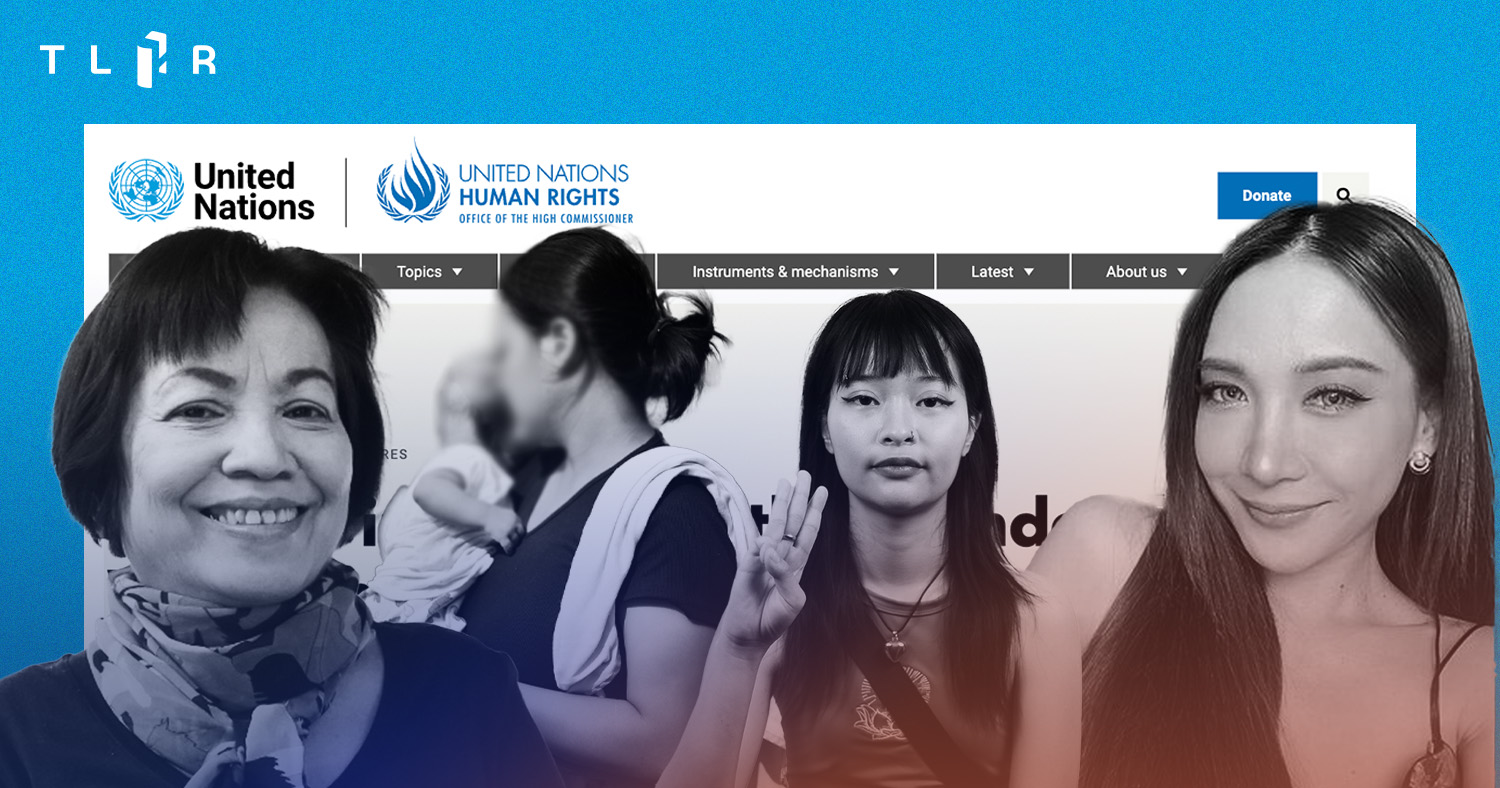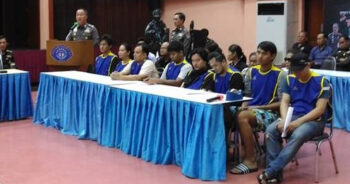On 23 October 2024, Thai Lawyers for Human Rights submitted an input to the United Nations (UN) Working Group on Discrimination against Women and Girls in preparation for the Working Group’s upcoming country visit to Thailand from 2 to 13 December 2024.
The Working Group’s country visit will focus on issues related to discrimination against women and girls in public, political and private life. In particular, the Working Group will study “intersecting forms” of discrimination, such as that faced by women in detention and LBTIQ+ women. Specifically, the Working Group is interested to learn more about:
- “Particular challenges faced by girls and young women, rural women and girls, women and girls from minority and indigenous groups, stateless migrant, asylum-seeking and refugee women and girls, women and girls with disabilities, older women, women in sex work, women and girls affected by enforced prostitution and sexual exploitation, LBTIQ+ women and girls, women and girl human rights defenders, and women and girls in detention.”
(See the full list of questions in which the Working Group is interested here.)
TLHR’s input focuses on the prosecution of women and LBTIQ+ activists and human rights defenders who advocate for social change, monarchy reforms, and gender equality. In doing so, women and girls face gender-based discrimination and harassment in the justice process, from the moment they begin demonstrations, to life in detention, and afterwards.
TLHR recommends, inter alia, that the Thai government drop all charges against political activists, adopt standardized prison regulations, and end harassment against human rights defenders. Doing so reverses the rippling consequences of political prosecution on women, who often play the roles of mothers and breadwinners in their families. Standardizing prison regulations levels the gender-based discrimination currently perpetuated by inconsistent prison standards; male prisons often grant greater liberties and quality of life than female prisons. Lastly, curbing harassment offers protection to women human rights defenders, who are consistently subject to gender-based sexual assault, derogatory remarks and violent threats.
The report is outlined as follows:
- Barriers to access to justice for women, girls, and LBTIQ+ people
- Arrests
- The Impact of Prosecution on Women, Girls, and their Families
- Harassment
- Judicial and state-led harassment
- Harassment perpetrated by non-state actors
- Prison conditions remain poor
- Lack of quality nutrition and water
- Lack of access to appropriate undergarments for female prisoners
- Lack of access to healthcare, including hormone medication
- Inconsistent prison regulations result in gender-based discrimination
- Policies infringing on the right to information for female prisoners
- Policies infringing on the right to bodily autonomy and privacy
The report ends with recommendations from Thai Lawyers for Human Rights. In order to further the Working Group’s goal to “eliminate all forms of discrimination against women and girls throughout the world,” TLHR recommends the Working Group to:
- Urge the Thai government to drop all charges — especially lèse-majesté charges — against WHRDs who simply exercised their rights to freedom of expression and peaceful assembly;
- Advise all branches of the Thai government to respect, protect, and fulfill the right to liberty — which entails the right to bail — of all political detainees who have not been found guilty of any offenses by a final judgment and to cease the practice of revoking bail as a means to prevent accused persons from exercising their rights to freedom of expression and freedom of peaceful assembly;
- Urge all branches of the Thai government to guarantee that all prisoners have access to adequate and nutritious food and medical care;
- Call on the Thai government to prevent and end harassment of all forms against WHRDs which are perpetrated by state and non-state actors; and
- Urge the Thai government to adopt standardized prison regulations that take into account the human dignity of all prisoners.
Read our input to the Working Group below:


